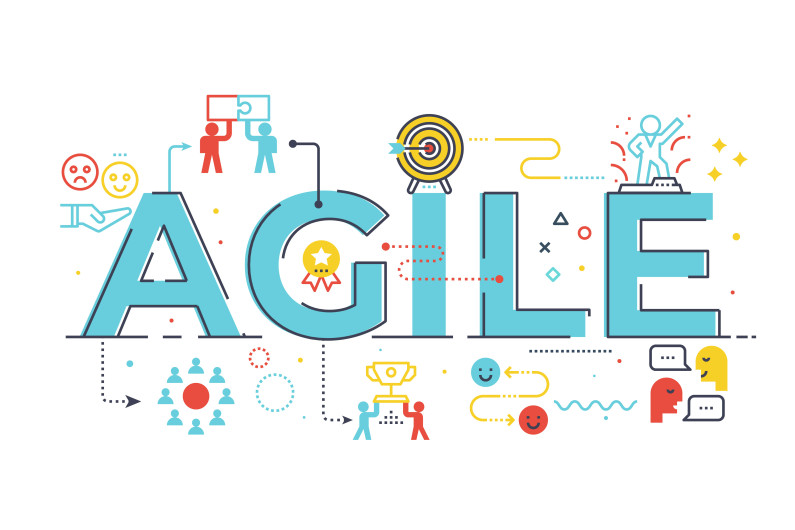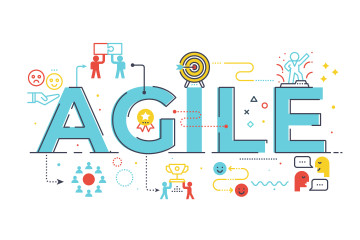What you will learn?
Demonstrate servant leadership behaviors, build psychological safety and trust within teams, and create autonomous, self-organizing teams that operate effectively in Agile environments
Master active listening and feedback techniques, conduct crucial conversations, implement visual management systems, and maintain clear communication patterns across distributed teams
: Create compelling visions, implement OKR frameworks, break down strategic objectives into actionable plans, and apply adaptive planning techniques that respond to changing business needs
Foster innovation cultures through effective retrospectives, manage stakeholder relationships and expectations, implement scaling strategies for multiple Agile teams, and use data-driven metrics to measure and improve performance
Target Audience
Traditional Managers Transitioning to Agile
Agile Practitioners Seeking Leadership Roles
Senior Leaders and Executives
Project and Program Managers
About this course
The course begins with foundational Agile values and principles viewed through a leadership lens, comparing traditional command-and-control methods with collaborative, adaptive approaches. Students learn to build psychological safety, foster autonomous teams, and create environments where innovation flourishes naturally.
Key modules cover essential Agile leadership skills including effective communication techniques, active listening, and facilitating crucial conversations across distributed teams. Participants master visual management tools and information radiators to enhance transparency and team alignment. The curriculum emphasizes servant leadership practices, teaching leaders how to remove impediments while balancing supportive service with strategic direction.
Advanced topics include Agile planning methodologies, OKR implementation, and stakeholder relationship management. Students develop skills in fostering continuous improvement cultures through effective retrospectives and experimentation frameworks. The course addresses scaling challenges, covering coordination strategies for multiple Agile teams and large-scale framework implementation.
Practical components include conflict resolution techniques, data-driven decision making, and balanced scorecard approaches for measuring team and organizational performance. Interactive lessons provide hands-on experience with Agile tools and methodologies while addressing real-world leadership challenges.
The program concludes with personalized leadership action plan development and implementation strategies. Participants gain both theoretical knowledge and practical tools necessary for leading successful Agile transformations while building sustainable, high-performing team cultures that deliver consistent value.
Requirements
Familiarity with fundamental Agile concepts (Scrum, Kanban basics) or completion of introductory Agile training, plus 2-3 years of professional leadership, management, or team coordination experience
Current or intended role involving team leadership or Agile implementation, access to a team environment for practicing concepts, and dedication to applying servant leadership principles and continuous improvement mindset






